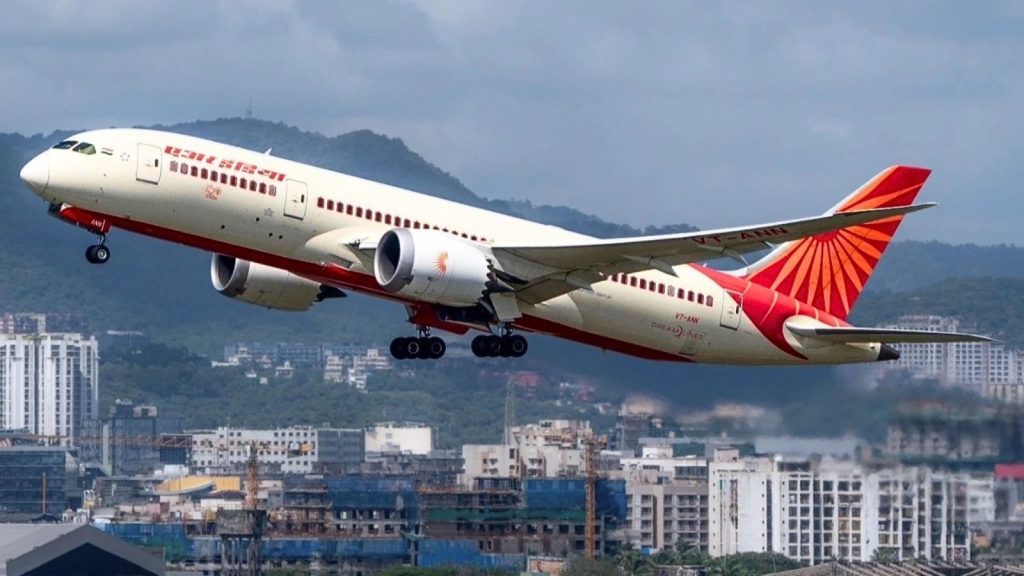Regulator cracks the whip on Air India over safety lapses

India’s Directorate General of Civil Aviation (DGCA) has taken a dramatic step against Air India, ordering the immediate removal of three senior officials responsible for crew rostering and flight scheduling. This decisive action, which came less than 10 days after the catastrophic June 12 Ahmedabad crash, underscores the regulator’s zero-tolerance policy toward safety lapses and internal mismanagement.
The three officials named are Choorah Singh, Divisional Vice President; Pinky Mittal, Chief Manager – DOPS, Crew Scheduling; and Payal Arora, Crew Scheduling – Planning.
In the DGCA’s order dated June 20, the aviation watchdog detailed a series of serious and repeated violations that had come to light during a transition from the ARMS system to CAE’s Flight and Crew Management Software. According to the regulator, Air India had repeatedly scheduled pilots who had not met essential safety protocols, including lapses in licensing, insufficient rest periods, and failures to comply with recency requirements.
Recency requirements are regulations ensuring pilots maintain a certain level of proficiency and experience to safely operate aircraft, particularly for carrying passengers or flying under specific conditions. These requirements often involve completing a specified number of take-offs and landings within defined periods, with variations based on whether the flight is during the day or at night, and whether passengers are being carried.
The breaches at Air India, although voluntarily disclosed by the carrier, revealed systemic failures in crew scheduling and internal compliance monitoring.
The DGCA’s investigation exposed not only unauthorised crew pairings and scheduling errors but also highlighted a worrying absence of disciplinary measures against those at the helm of these operations. The lack of internal accountability prompted the aviation authority to order the removal of three officials—one of them a high-ranking figure in the flight operations department—and to instruct the airline to launch formal disciplinary proceedings without delay. In an interim measure to strengthen oversight, Air India has placed its Chief Operations Officer in direct charge of the Integrated Operations Control Centre (IOCC).
The regulator’s stern warning does not end with these removals. It has cautioned that any future violations in crew scheduling will invite even more severe sanctions, ranging from operational restrictions to potential licence suspensions. A show-cause notice has also been issued to Air India’s Accountable Manager, signaling that the DGCA is prepared to enforce strict accountability at the highest levels.
Air India, now under the ownership of the Tata Group, released a statement asserting its commitment to full compliance with the directive, reiterating that the airline is dedicated to ensuring complete adherence to safety protocols and standard practices. The swift action by the DGCA has sent a clear message throughout India’s aviation sector that any deviation from established safety standards will be met with uncompromising regulatory intervention.
The unfolding situation has cast a long shadow over the industry’s operational practices, particularly in the wake of the Ahmedabad crash—which claimed 241 lives on board and tragically affected 29 on the ground. As the investigation continues and safety measures are tightened, the DGCA’s crackdown is being hailed as an essential step in restoring confidence in Air India’s operations and in ensuring that the highest standards of safety are maintained across the board.
In essence, the DGCA’s order represents a decisive move to curb systemic failures within Air India, reaffirming that accountability and strict oversight are not optional in an industry where public safety depends on rigorous adherence to operational protocols. The repercussions of this move will likely resonate throughout the airline, as well as in the broader aviation sector, where the imperative for uncompromised safety remains paramount.

